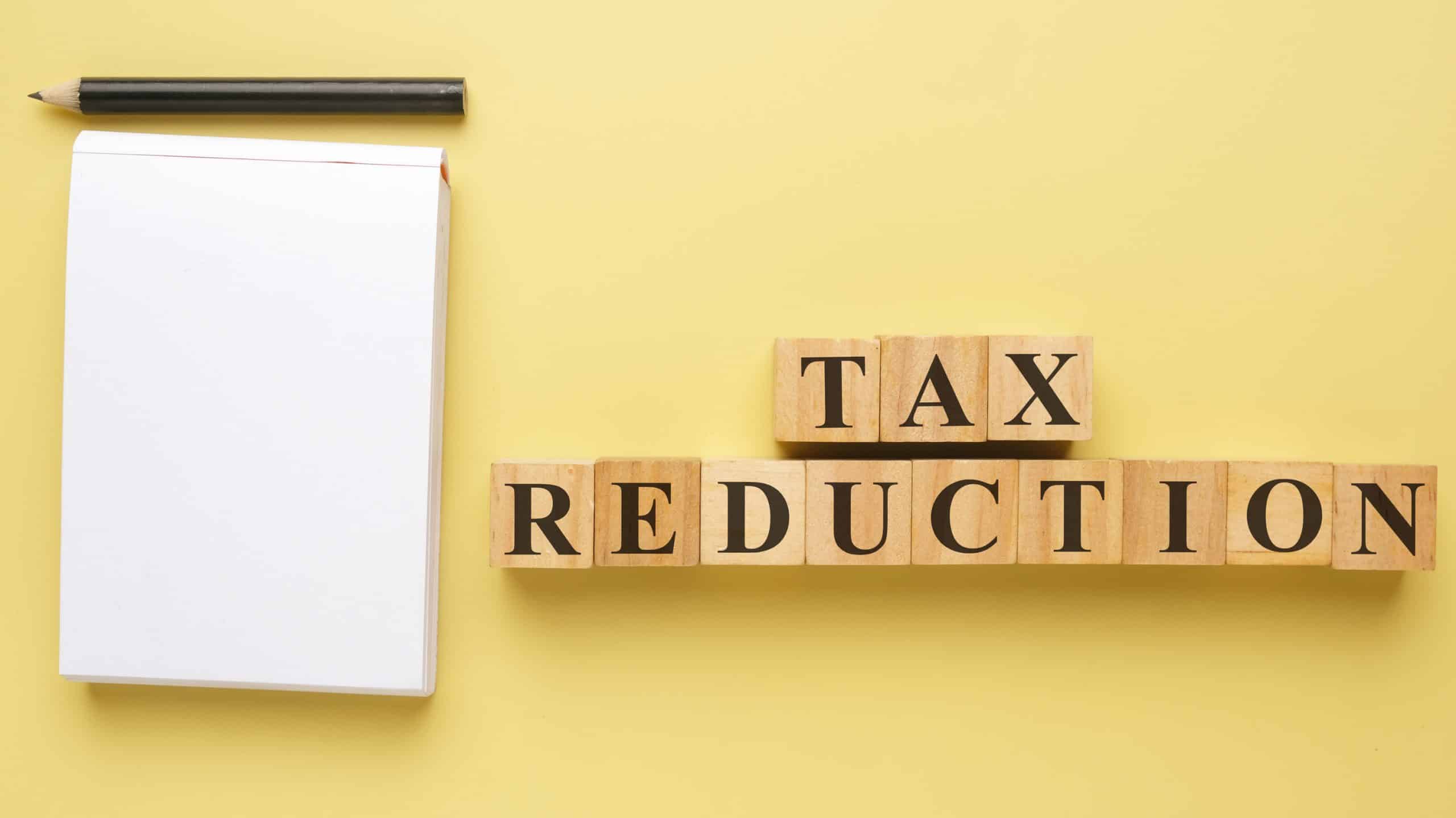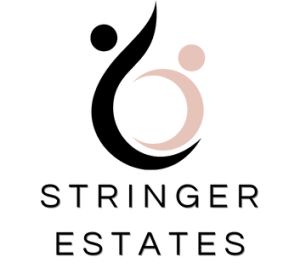What Tax Deductions Should Cardiff Freelancers Not Overlook?

As freelancers, you are not merely self-employed individuals but also business owners in your own right. Consequently, you are required to manage all aspects of your business, from finding clients to managing your finances. One of the most critical and often challenging areas for freelancers is navigating the complex world of taxation. Managing your taxes effectively can significantly impact your income, and ensuring you claim all possible tax deductions is one way to maximise your earnings. In this article, we will discuss tax deductions that freelancers in Cardiff should not overlook.
Understanding Tax Deductions for Freelancers
Before diving into the specific deductions, it's essential to understand what tax deductions are and how they work. In the simplest terms, a tax deduction is an expense that you can subtract from your taxable income. By lowering your taxable income, you effectively lower the amount of tax you pay. The UK's HMRC recognises certain expenses as tax-deductible, and as a freelancer, these deductions can significantly impact your end-of-year tax bill.
A lire également : Is It Worth Investing in Cybersecurity Insurance for Small Businesses in Sheffield?
Essential Tax Deductions
Among the most common tax deductions that freelancers often overlook or are unaware of are the following:
1. Home Office Expenses: If you work from home, you may be able to claim a portion of your household expenses as a business cost. This can include a part of your rent or mortgage interest, utility bills, council tax, and even repairs and maintenance. However, you can only claim expenses for the part of your house that is used solely for business.
Cela peut vous intéresser : Transform your ink: top custom tattoo artists in dublin
2. Travel Expenses: If you travel for work meetings, networking events, or client visits, these costs can be deducted from your taxable income. It can include public transportation fares, car mileage, parking fees, and even accommodation if necessary. Be sure to keep all receipts and records of your travel.
3. Professional Development: HMRC allows for the deduction of expenses related to professional development. This includes costs for training courses, industry conferences, and relevant books and subscriptions. The rule is that the expense must be wholly and exclusively for the purpose of your trade.
4. Equipment and Supplies: Any equipment or supplies that you need to perform your work can be claimed as a tax deduction. This includes computers, software, office furniture, and even smaller items like stationery. Note that for more expensive items, you might have to claim these as capital allowances over several years.
The Role of a Professional Accountant
It's always a good idea to consult with a professional accountant, especially if you are new to freelancing or find it difficult to manage your taxes. An experienced accountant can guide you through the process and help you identify all possible deductions. They will ensure your tax return is accurate and compliant, saving you time and avoiding potential fines or penalties from HMRC.
If you decide to work with an accountant, their fees can also be claimed as a tax deduction. This additional deduction can make the cost of hiring an accountant even more worthwhile.
Keeping Accurate Records for HMRC
Accurate record keeping is not only good business practice; it is a requirement by HMRC. You need to keep records of all your income and expenses for at least five years.
Keeping accurate records can be time-consuming, but it's essential for claiming tax deductions. It allows you to provide evidence of your expenses if HMRC ever questions them. To make the process easier, consider using a business accounting software or hiring a professional accountant.
Remember, the world of tax for freelancers can be complex, but by understanding the deductions available to you, and keeping accurate records, you can ensure you are not paying more tax than necessary. Always consult with a professional if you are unsure, and never overlook the potential tax deductions that are open to self-employed individuals like you.
The Intricacies of National Insurance Contributions for Freelancers
Delving deeper into the complexity of the taxation system, National Insurance plays a significant role in freelancer tax obligations. As a freelancer, understanding how National Insurance works are vital for managing your business finances effectively.
National Insurance contributions (NICs) are essentially payments made by both employees and employers to fund state benefits, such as the state pension and unemployment benefits. As a freelancer, you are both the employer and employee, so you will need to make two different types of contributions: Class 2 and Class 4 NICs.
Class 2 NICs are a fixed weekly amount that you will pay if your profits are above a certain threshold. Class 4 NICs, on the other hand, are a percentage of your taxable profits and are paid on an annual basis through your tax return.
The HMRC tax year runs from the 6th of April one year to the 5th of April the next year. You must remember to account for these contributions in your tax return. Accounting software can help keep track of these outlays, or a professional accountant can manage them on your behalf.
The Importance of Accurate VAT Management for Cardiff Freelancers
The Value Added Tax (VAT) is another aspect of taxation that freelancers in Cardiff should not overlook. If you are a small business owner or freelancer with a turnover exceeding the VAT threshold, you must register for VAT with HMRC. The threshold for VAT registration changes each tax year, so it’s important to stay updated.
Once registered, you will need to charge VAT on your goods or services, file VAT returns, and pay VAT to HMRC. However, you can also reclaim VAT you have paid on business expenses. These can range from office supplies to larger expenses such as equipment or machinery.
Keeping a close eye on your business account is crucial in managing VAT. Ensure you are charging the correct amount of VAT, and also reclaiming VAT on eligible expenses. Again, the help of a professional accountant can be invaluable in managing VAT effectively and avoiding potential penalties.
Conclusion
Freelancing offers you the freedom to be your own boss, but it also comes with added responsibilities, particularly in managing your taxes. As reiterated in this article, it's crucial to understand what tax deductions are available to you. These can range from home office expenses and professional development costs to VAT and National Insurance contributions.
Keeping thorough and accurate records is an essential part of this process. Whether you choose to use business accounting software or hire a professional accountant, ensure your records reflect all your income and outgoings.
Finally, don't overlook the benefits of seeking professional advice. An experienced accountant can provide valuable guidance, ensuring you stay compliant, maximise your deductions, and minimise your tax bill. Remember, the cost of their services is, in itself, a tax-deductible expense.
Overseeing your business finances as a Cardiff freelancer can be complex, but with a solid understanding of your tax obligations and potential deductions, you can confidently navigate the tax year and keep your business thriving.
